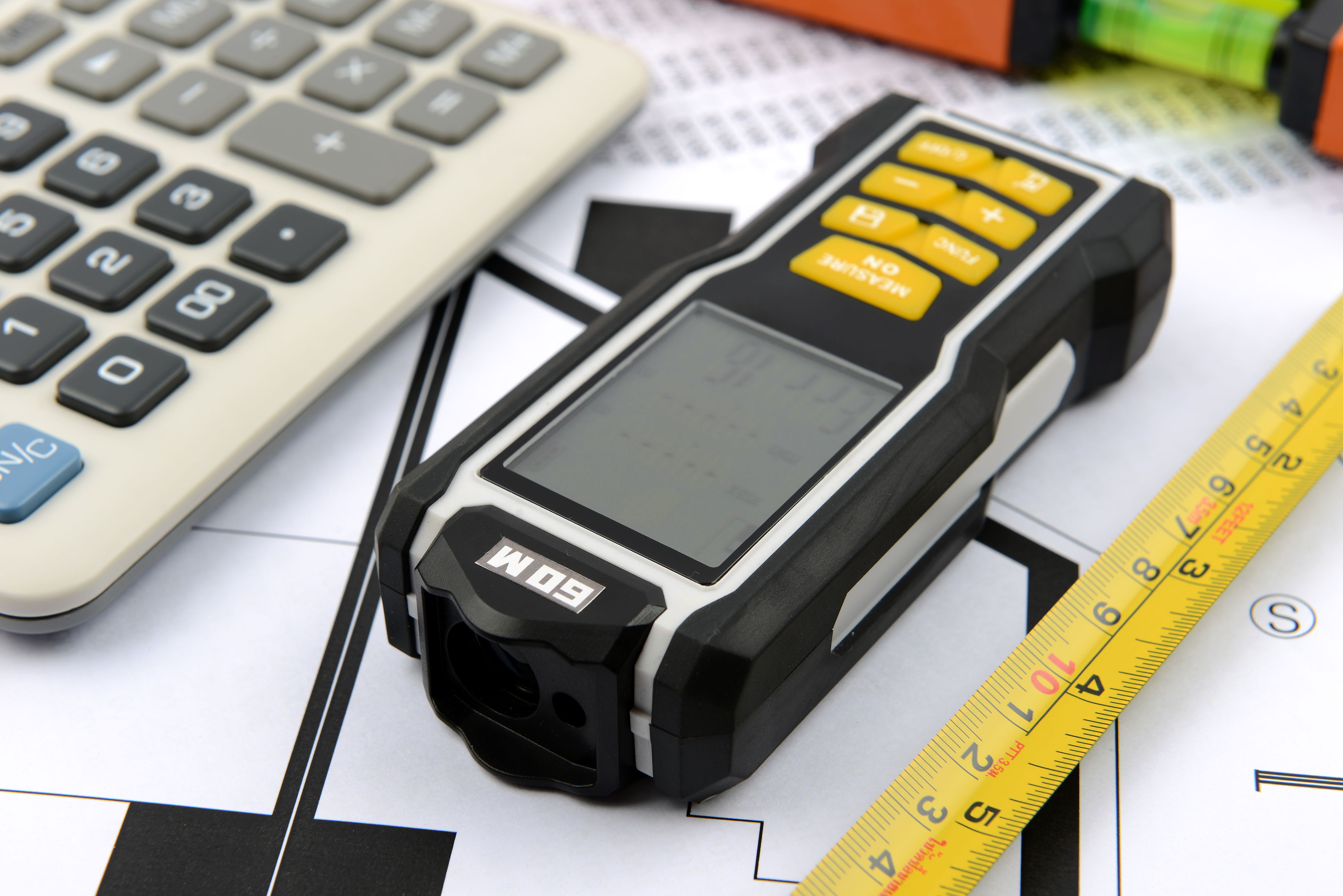Property surveys are an integral part of the house buying and selling process. Although arranging a property survey is not legally required, the home inspection provides a detailed report on the property’s actual condition. In most cases, a property survey report helps you make an informed decision to buy the house or not.
Buying a house is one of the most significant financial transactions you will make. Therefore, it makes sense to know exactly what you are buying. Unfortunately, many hidden defects like faulty wiring, subsidence, mould, and dampness are not easy to spot. However, a property surveyor will carry out a thorough inspection of the building to uncover any issues.
For many first-time buyers, arranging a property survey seems like an added expense that they can do without. Or suppose you are thinking of buying a new build property. In that case, you may think the developer’s guarantee would cover every repair issue.
If you are considering buying a house, this article tells you everything you need to know about property surveys and why they are necessary. What is a property survey?
What is a property survey?
A property survey (also called a house survey) is a detailed inspection of the critical elements of a building. The surveyor’s report will detail repairs that are necessary and underlying issues with the building’s structural integrity and any building code violations. In addition, the survey will contain information about the building’s structural makeup.
What does a property surveyor inspect?
A property surveyor will inspect all visible parts of the building’s interior and exterior. The interior survey examines ceilings, walls, bare floors, fireplaces, fixtures, and fittings. When checking outside the property, the qualified surveyor inspects the roof covering, windows, doors, chimney stacks, and outside doors and walls.
In addition, the property survey will provide valuable information on dangerous materials used in the building. These could be things like asbestos, lead piping, old plaster or fibreglass insulation. You can also expect information on heating, drainage, water, electricity and gas supplies.
Is a property survey essential?
You should view a property survey as an essential step when buying a home after your offer is accepted. The survey gives you peace of mind about your financial commitments, knowing you won’t find any nasty surprises once you exchange contracts. Suppose the building survey flags areas of concern. In that case, you can negotiate with the seller a lower price, arrange for them to carry out the repairs or walk away from the deal.
What are the three types of property surveys?
The type of survey you require before buying a house depends on the level of detail you require. There are three types of surveys. These range from a basic one that uses a traffic light system to highlight areas of concern or good repair to a detailed inspection with repair advice and costs.
Level 1 property survey
Level 1 is the most basic type of survey to get an overall idea of the property’s condition. A level 1 condition report is best for properties in good condition or newer properties. Typically, this survey costs between £400 and £900 and takes around an hour.
Level 2 property survey
Most homebuyers choose the level 2 home survey because it offers detailed information on the property and provides advice. The report flags issues with building regulations, subsidence, dampness and other problems that could affect the property’s value. Expect to pay £450 to £1,000 for this survey. Its best suited to homes in a reasonable condition.
Level 3 property survey
The most detailed property survey is level 3. This comprehensive report contains information on all aspects of the property, including the cost of repairs and potential renovations. The level 3 property survey can take up to a day to compete and typically costs £600 to £1,500.
Usually, these level 3 detailed surveys are best for old buildings, unusual properties, or if you plan on doing extensive renovations after you move in.
Is a property survey necessary when buying a newly built house?
A snagging survey is a good idea if you buy a new property. Like the other property inspections, the snagging survey will look for repair issues in the build. The surveyor will flag issues like loose fittings, misaligned plug sockets or other problems.
Once completed, you should present the snagging survey to the developer for fixing before you exchange contracts.
Hastings International has been helping homebuyers find their ideal home in South London. We cover areas in Canada Water, Bermondsey, London Bridge, Waterloo and Rotherhithe.
If you are looking to buy a home in London, get in touch with Hastings International today. Our team of experts is ready to give you the best advice on the type of property survey you may require.




